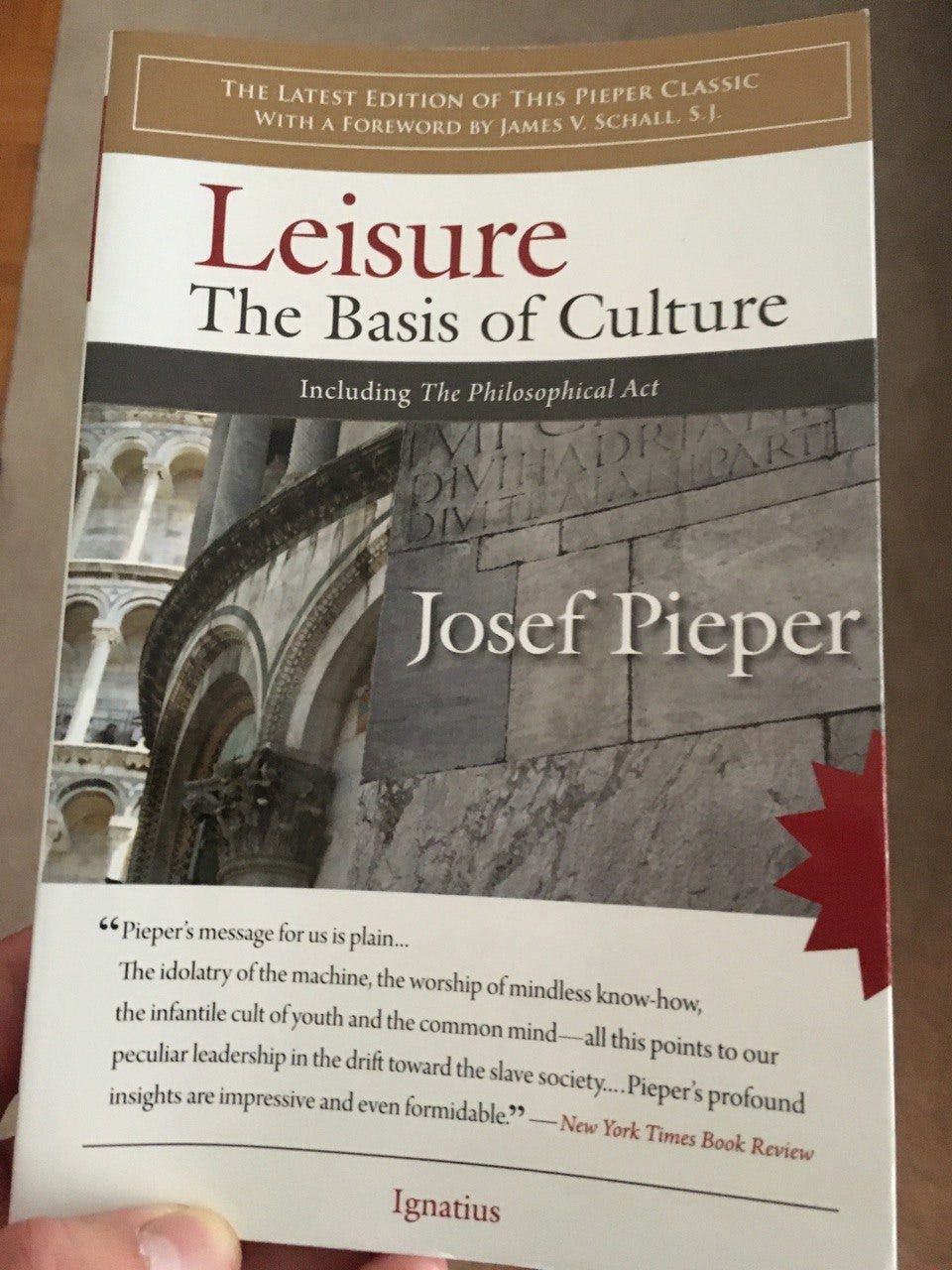I was an occasional peruser of Adbusters when I was younger. In 2009 they released an issue with a striking title: “Hipster: The Dead End of Western Civilization.”
For a moment, the hipster subculture had held an air of mystique in the noughties, with an alluring belief that it was connected to a lineage of Western countercultures spanning beats, hippies, and punks. Their moment did not last long, and hipsters were soon derided as nothing more than a facade of pretension and vacuity. From the Adbusters piece:
We are a lost generation, desperately clinging to anything that feels real, but too afraid to become it ourselves. We are a defeated generation, resigned to the hypocrisy of those before us, who once sang songs of rebellion and now sell them back to us. We are the last generation, a culmination of all previous things, destroyed by the vapidity that surrounds us. The hipster represents the end of Western civilization – a culture so detached and disconnected that it has stopped giving birth to anything new.
The article argued that hipsters were the last counterculture, the “end product of all prior countercultures,” with no revolutionary potential. It was a nihilistic capitulation to capitalism through pleasure-seeking and cool chasing. The Adbusters article was prophetic. Hipsters were the last counterculture because there was no more culture to counter.
Vice, once the scene-defining magazine for hipsters, has, like most institutions since the hipster's decline, become “woke.” Woke is a shape-shifting philosophy ostensibly concerned about “social justice,” defined more by the practices of virtue signaling, Oppression Olympics, and cancel culture. Like most things that go woke, Vice went broke, filing for bankruptcy this May; once valued at $5.7 billion, it is expected to be acquired for $225 million.
Woke is an anticulture, canceling anything in its way, which is everything. I sense widespread fatigue with this anticulture and the “forever culture war” that follows it. People are looking for something new. People are looking for culture. Last year, trend forecaster
announced a “vibe shift,” predicting the end of woke as a cultural phenomenon. I believe his prediction is accurate.If the hipsters foreshadowed the end, woke was the reset button. Looking at woke as an entirely negative phenomenon is a mistake, as the “antiwoke” memetic tribes do. Woke capitalized on a spiritless culture defined by consumerism, hedonism, and vice. It was a necessary reset, a wake-up call for those whose spirit says that culture could be more.
I agree with the Catholic philosopher Josef Pieper, who argues that the basis of culture is leisure–not leisure in the colloquial sense of relaxation, but leisure in the spiritual sense. Leisure allows people a sense of timelessness with a spirit that reaches for the whole; it engenders creativity untouched by market forces, encouraging true art to emerge, especially philosophy, the art of living.
When I read that Adbusters article, I had finished my philosophy and cultural anthropology studies at University. These disciplines forever shaped my perspective, influencing how I view the world. Now, in my leisure, I study living philosophies, those that everyday people hold, which are the ones that shape our world. These philosophies are not formed in leisure, oriented toward the whole; they are formed in a culture war and are fragments of a whole.
If a new culture is to emerge, leisure needs a return. In leisure, we create a culture with the fragments of the whole.
I will be recommending the occasional book for Less Foolish readers. Here is one relevant to creating a new culture:
This book includes an essay called “The Philosophical Act,” where Pieper describes a philosophical question as something that reaches for the whole:
The distinctive mark of a philosophical question is, then, that it brings out what constitutes the essence of spirit: convenire cum omni ente, in harmony with everything that is. One cannot ask a philosophical question or think philosophically without bringing the whole of being into play, the totality of existing things, “God and the world.”
Here at Less Foolish, paid subscribers will be a part of a “community of practice,” where, in leisure, we ask philosophical questions and live with them together. We will slowly create communal practices - such as Collective Inquiry - that will encourage a wholesome reaching. These practices will be needed for a new culture to emerge.
We have one such communal practice already in place: Collective Journalling. The description for the practice is below, and the RSVP link is behind the paywall.
What is Collective Journalling? It is a communal practice that started in May 2021 during Rebel Wisdom’s Becoming a Live Player course, continued to live on at The Stoa, and will now live with Less Foolish. The sessions happen via Zoom and are 90 mins, with check-ins in the chat at the beginning and an opportunity to connect with fellow journalers in breakout rooms at the end. You do not have to stay the whole time. If you are in an antisocial mood, you do not have to interact with anyone, yet you can still enjoy the coffee shop-esque communal vibe. The session concludes with an optional sharing of a passage in the chat. Most of the time is spent in silence together, individually inquiring about what matters most. A lovely group of people has formed around this practice. The practice occurs on weekdays @ 8 AM ET.
Keep reading with a 7-day free trial
Subscribe to Less Foolish to keep reading this post and get 7 days of free access to the full post archives.





